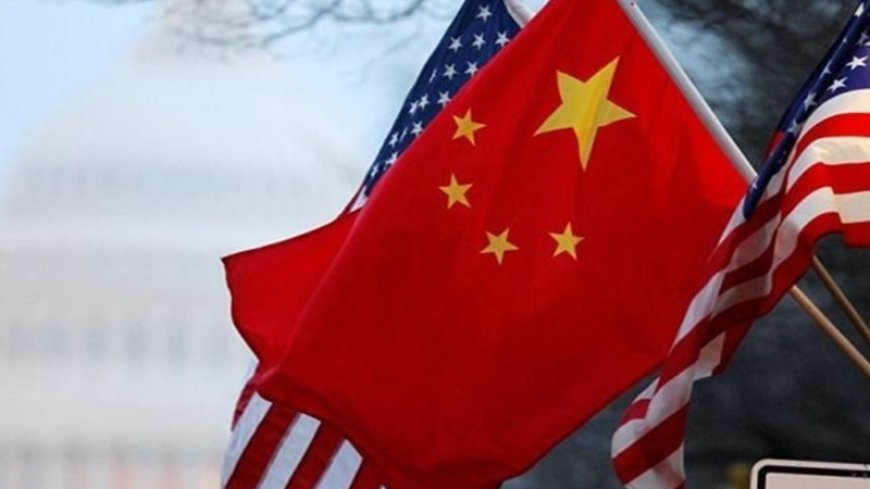Tech War between the US and China
Tech War between the US and China

After five years of commercial and technological restrictions imposed by the Trump and then Biden administrations, Beijing is tightening up what it considers a response to the US measures.However, Chinese President Xi Jinping's strategy is limited: he wants to target Western companies that have contributed to the blockade, but limiting the damage to China's economic interests.
As an article in the Financial Times recalls, China has handed out new sanctions on US arms companies Lockheed Martin and Raytheon in the past two months, also launched an investigation into US chip maker Micron, raided the due diligence firm US Mintz and arrested local staff, arrested a senior executive of the Japanese group Astellas Pharma. It also hit London-based Deloitte with a record fine.
And not only. According to sources in the Chinese Ministry of Commerce, the government is expected to consider limiting Western access to materials and technologies critical to the global auto industry. The auto sector awaits a Commerce Ministry review of technology export restrictions, including possible controls on some critical minerals and the technology used in mapping for driverless cars.Paul Haenle, a former China adviser to George W. Bush and Barak Obabma, told the FT that “China has not abandoned its strategy to move to wide-ranging retaliation, but will surgically select companies to show its frustration ”.
Instead for Dexter Roberts of the Atlantic Council, the reaction of the Chinese was also moderate, since the US campaign to cut China out of basic chip-making technologies had "taken right to the heart of China's global advanced technology [... ] It all goes back to the fact that China is facing many challenges this year, especially from an economic point of view. The last thing they need to do is be distracted by an even more hostile relationship with the United States."
In February, Beijing imposed new sanctions on Lockheed and Raytheon, two of the largest US defense companies. The move reflected Chinese opposition to arms sales to Taiwan, but had little commercial impact as the groups were not allowed to sell military equipment to China anyway.The choice to carry out raids and detain the personnel of foreign companies indicates that China will intensify hostage diplomacy. For this reason, the Mintz and Astellas cases have sparked an urgent review of employee safety and the immediate suspension of some travel plans to China.













































